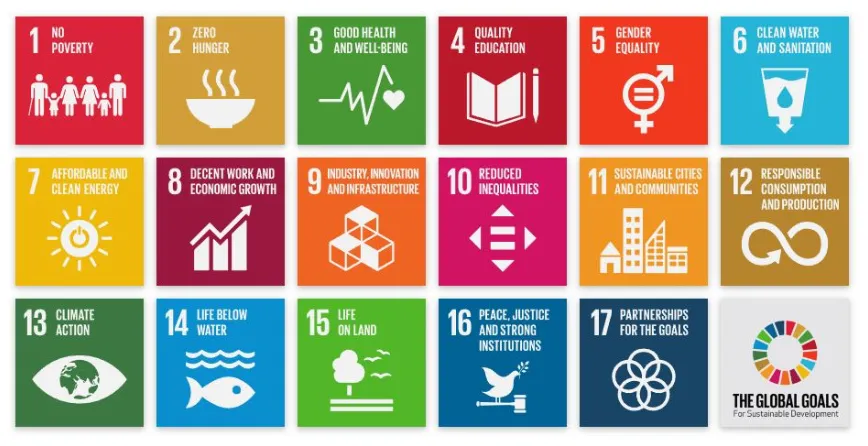Main navigation

The 2030 Agenda for Sustainable Development, adopted by all UN Member States in 2015, recognizes that respect for all human rights is essential to building a more equitable, inclusive, and sustainable world for everyone. Human rights principles and standards are reflected in all 17 Sustainable Development Goals (SDGs) and 167 targets, and human rights are increasingly recognized as a key accelerator to achieving sustainable development for people, prosperity, planet, peace and partnership.
The Regional Office for South-East Asia works to ensure that the implementation of the 2030 Agenda is fully aligned with international human rights norms and standards. This includes supporting the UN at the regional and country level, governments, national human rights institutions, civil society, and other stakeholders in their respective work to achieve the 2030 Agenda. This includes ensuring that recommendations from international human rights mechanisms guide the implementation of the SDGs; grounding the operationalization of “Leaving No One Behind” in the principles of equality, non-discrimination and participation of particularly vulnerable individuals and groups; and strengthening meaningful and effective stakeholder participation across all areas of work in the 2030 Agenda.
